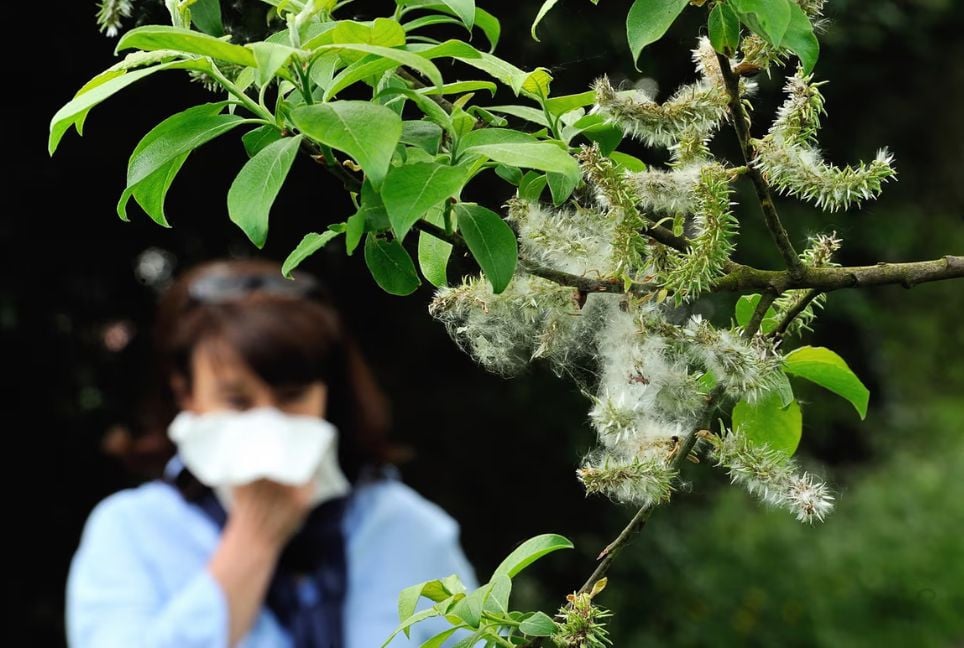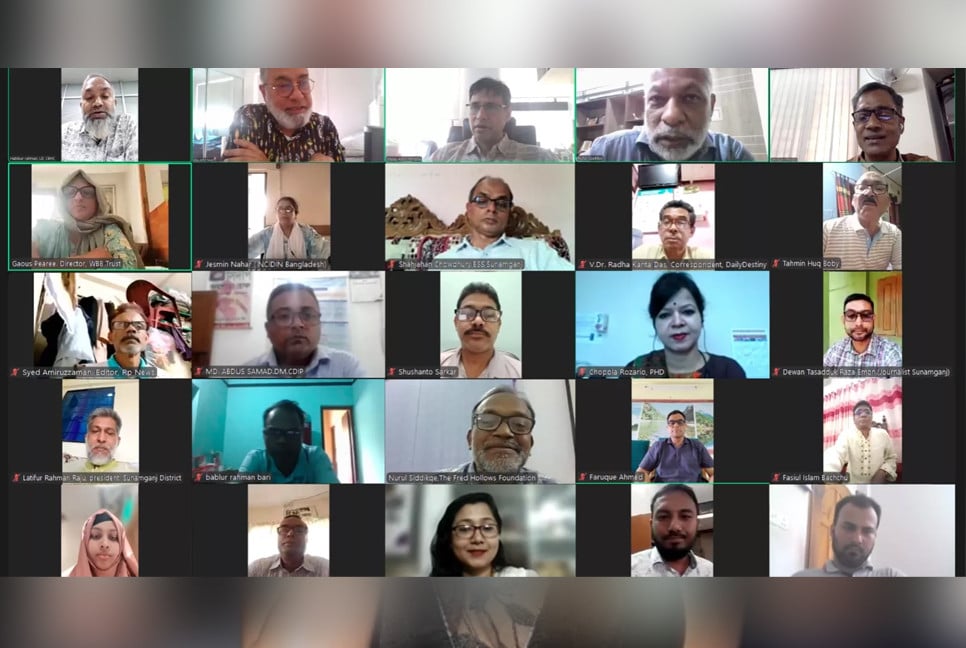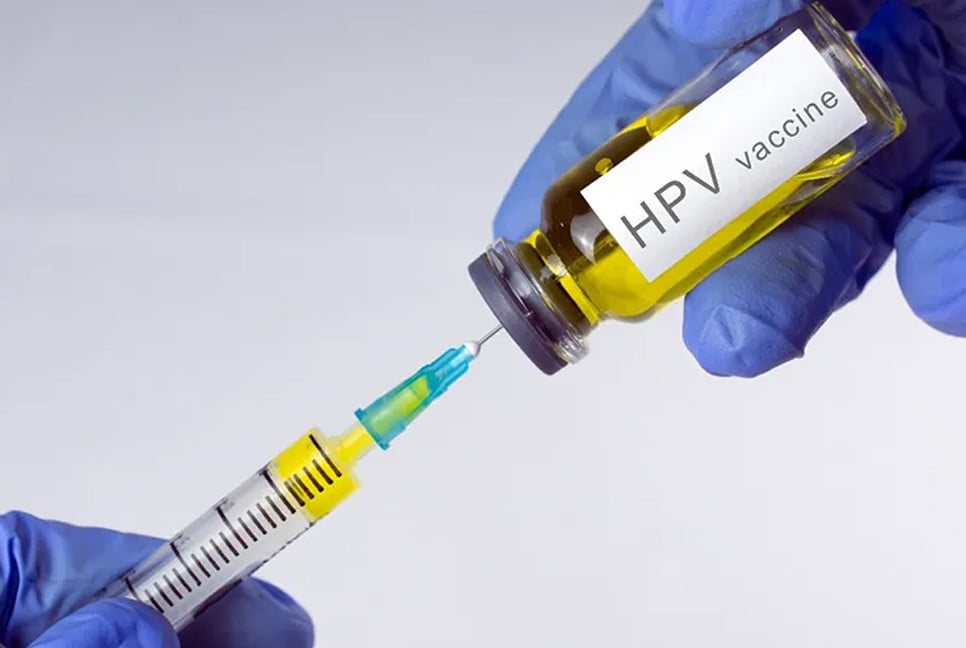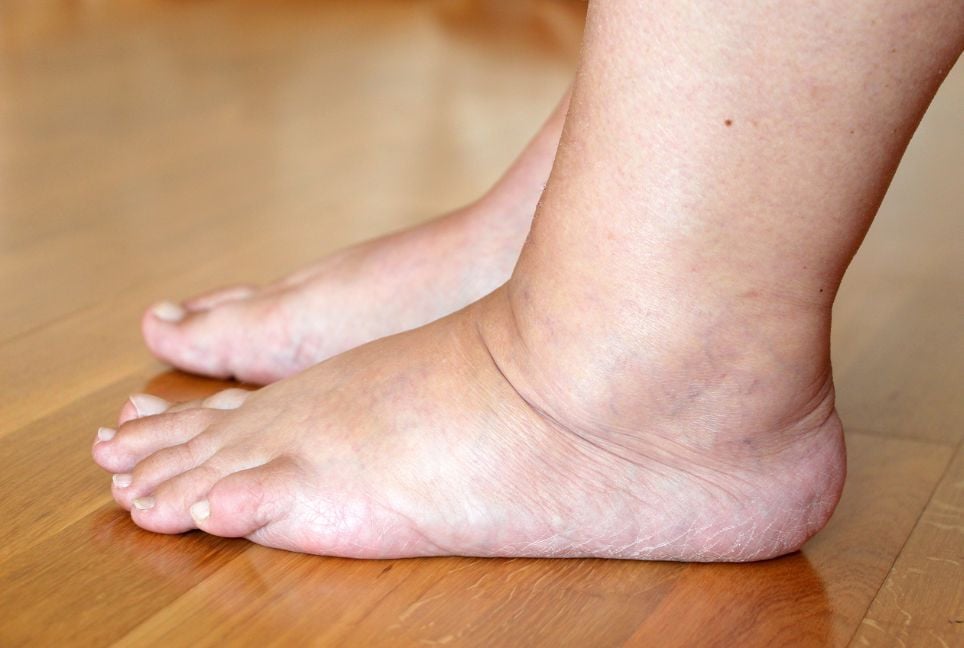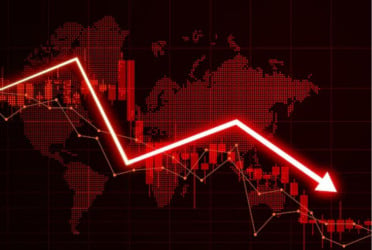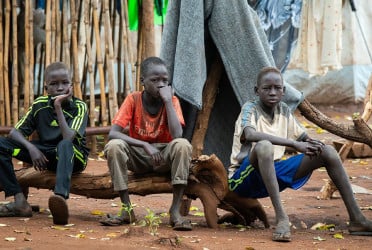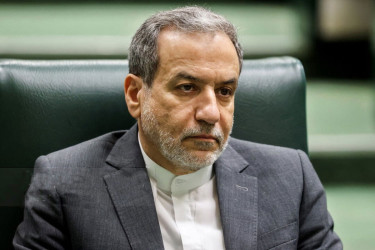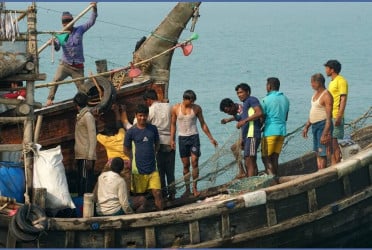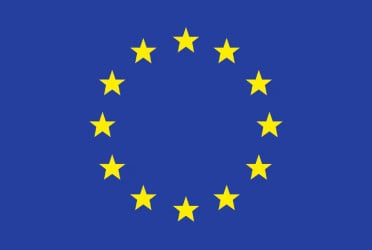Measles cases have surged globally, with an estimated 10.3 million infections reported in 2023, a 20% increase from the previous year, according to new data from the World Health Organization (WHO) and the U.S. Centers for Disease Control and Prevention (CDC). The surge is primarily attributed to insufficient immunization coverage worldwide.
Despite the availability of a highly effective vaccine, more than 22 million children missed their first dose of the measles vaccine last year. In 2023, 83% of children received the first dose, but only 74% received the second dose, which is critical for full protection against the virus. To prevent outbreaks and protect vulnerable populations, on Thursday, WHO stresses that countries need to achieve at least 95% coverage with both doses.
“The measles vaccine has saved more lives than any other vaccine in the past 50 years,” said Dr. Tedros Adhanom Ghebreyesus, WHO Director-General. “To save even more lives and stop this deadly virus from harming the most vulnerable, we must invest in immunization for every person, no matter where they live.”
The global measles crisis has led to significant outbreaks in 57 countries, up from 36 in 2022, with regions like Africa, Eastern Mediterranean, and South-East Asia seeing the worst increases. Nearly half of all major outbreaks occurred in Africa, which remains the hardest-hit region.
As a result, an estimated 107,500 people, mostly young children under five, died from measles in 2023, despite a slight decrease in deaths from the previous year. The decline was mainly due to the surge in cases occurring in regions with better healthcare access, where fewer children died from the disease.
Measles can lead to serious complications, including blindness, pneumonia, and brain swelling (encephalitis), which can cause long-term disability. The rising number of cases threatens the global goal of measles elimination outlined in the Immunization Agenda 2030.
However, there have been some successes. Brazil was recently reverified as having eliminated measles, bringing the WHO Americas region back to a state of endemic measles-free status. In total, 82 countries had achieved or maintained measles elimination by the end of 2023.
To combat the crisis, urgent action is required, particularly in fragile and conflict-affected areas. WHO and global immunization partners are calling for stronger immunization programs and improved disease surveillance to mitigate the impact of outbreaks and protect children worldwide.
Bd-pratidin English/ Jisan



